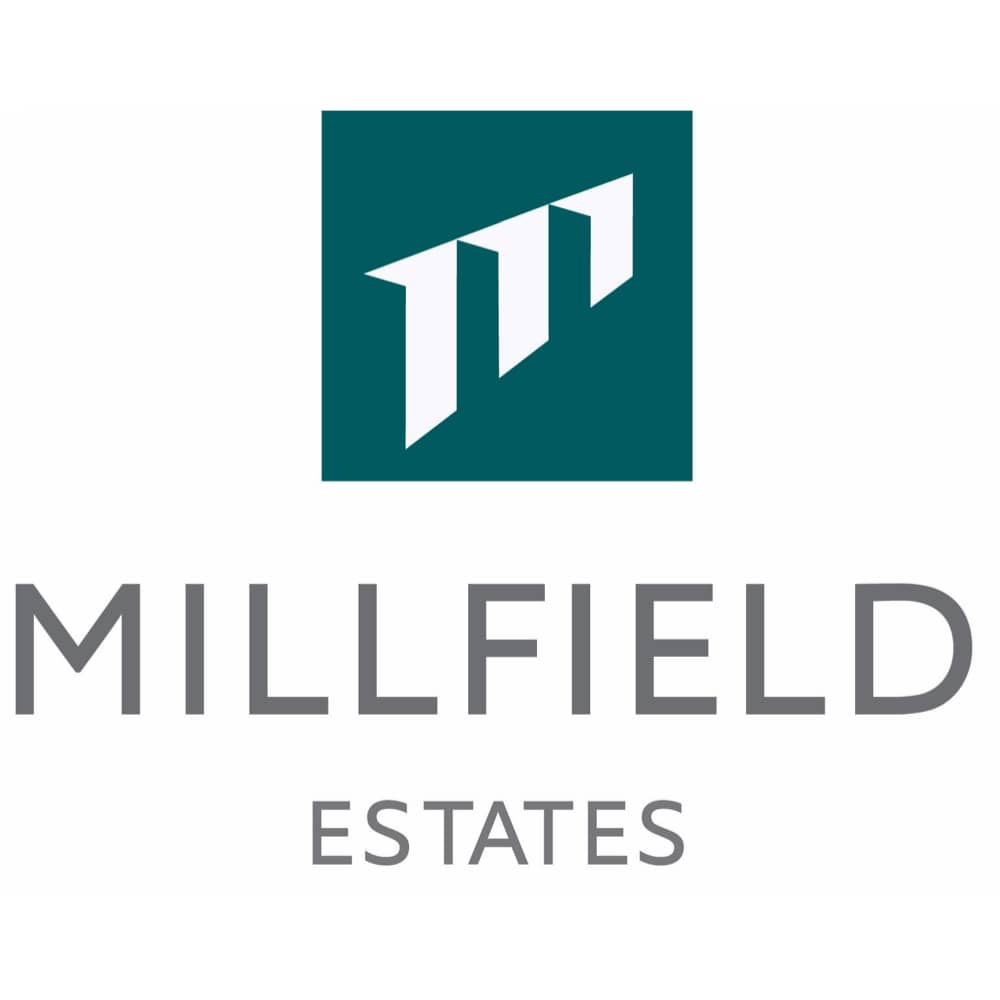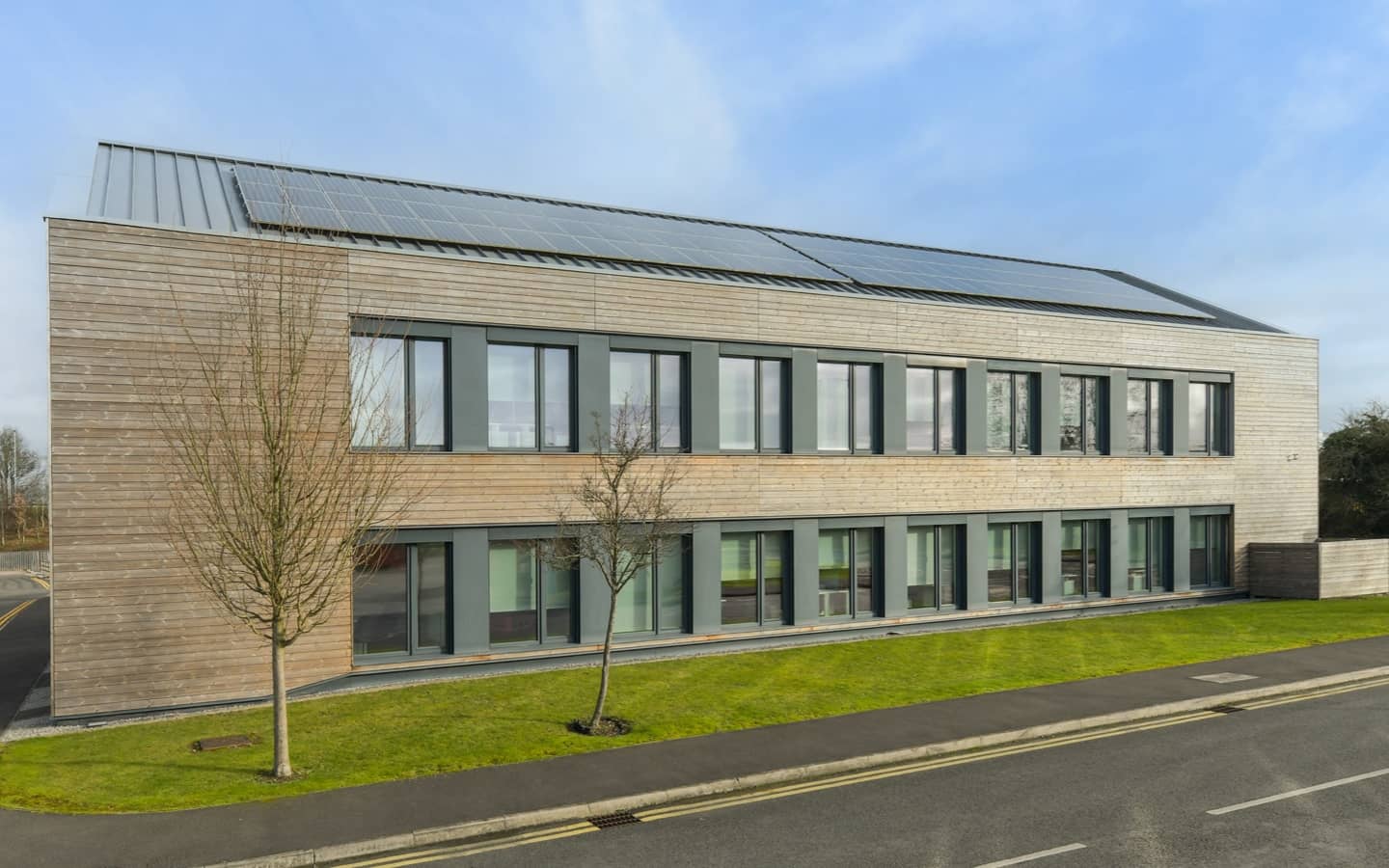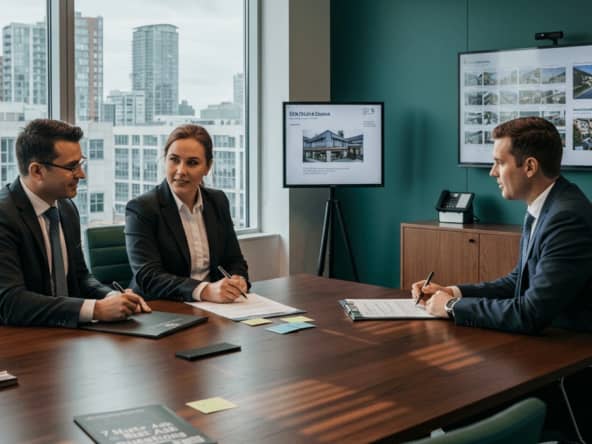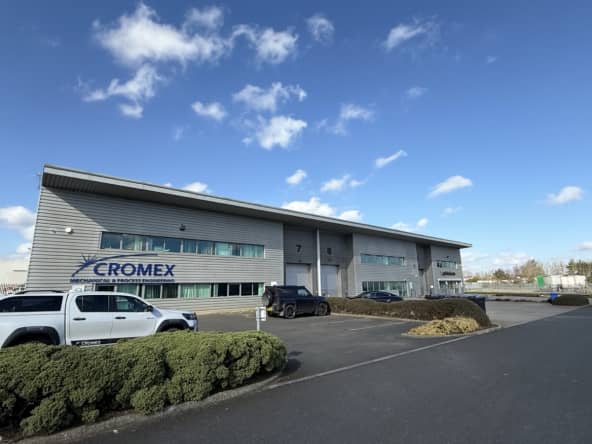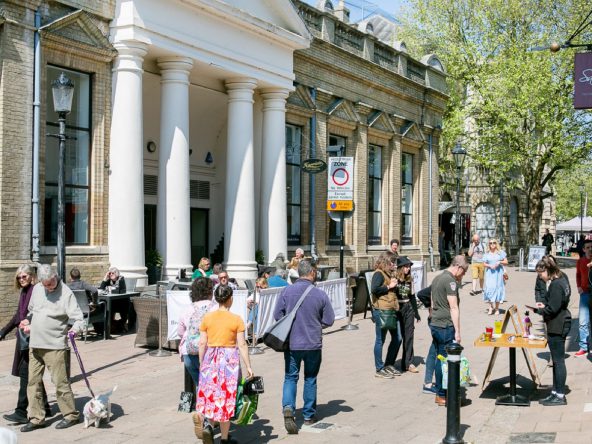More Than Just a Roof: What Tenants Really Want
Picture this: You’re a business seeking the perfect premises. Location, size, and cost top your list—but is that all? Commercial landlords often focus on providing spaces that simply “tick boxes” without digging deeper into what matters most to businesses today. Here’s the thing: offering square footage alone won’t cut it anymore. In 2025 and beyond, tenants crave more—and businesses that understand these demands are setting new benchmarks for success.
The Shift from Space Providers to Solution Providers
“If businesses are to thrive, our offices and warehouses must feel less like traditional spaces and more like engines of productivity,” says Andrew Cummings, a renowned business strategist and property expert. Watching markets across the UK evolve, he highlights a trend landlords ignore at their peril: tenants are no longer just looking for a space. They’re searching for solutions that align with their operational needs, brand values, and employee satisfaction goals.
This shift isn’t just a passing phase; it’s now a baseline expectation. For businesses looking to attract and retain quality staff, maintain efficient operations, and project a strong brand identity, the premises they operate from need to do more than contain desks or stock.
Insight for Landlords: Stepping up from being mere landlords to collaborative business partners is critical. Offer workplaces that address tenant pain points, boost employee well-being, and enhance operational efficiency. You’re not just renting out four walls—you’re providing a foundation for growth.
Why Quality Infrastructure and Accessibility Matter More Than Ever
Nationwide, a key tenant demand centres on location quality and accessibility. Businesses are demanding better |spaces with robust logistical and infrastructure links, whether it’s around Cramlington in the North or London’s West End. This isn’t surprising; when supply chains hinge on seamless logistics or employees rely on dependable transport links, subpar access isn’t an option.
When warehouses or office blocks have direct connections to main motorways, rail, and other transport networks, that’s an instant win. For example, businesses based at Millfield Estates‘ strategically located properties enjoy easy connectivity, helping them focus on what they do best instead of grappling with logistical headaches.
But that’s not all. Access goes beyond maps. With hybrid work becoming a staple, modern tenants also seek spaces conducive to flexibility. Properties equipped to handle varying in-person and remote arrangements—high-speed broadband, co-working areas, or breakout zones—are increasingly popular.
The Overlooked Need for Personalised Experiences
Let’s face it: no two businesses are alike. Yet many landlords still approach tenant relationships with a “one-size-fits-all” mindset. This cookie-cutter approach often misses the mark. Tenants, whether leasing retail units in bustling hubs like Liverpool or office spaces in quieter settings like Nottingham, don’t just want a space. They want a partnership that understands their unique needs.
Customisation is a recurring demand among tenants. The ability to modify layouts, customise interiors, or adapt a space to align with a company’s processes isn’t just an indulgence—it’s an operational necessity.
It’s this commitment to bespoke service that has helped established property owners, such as Millfield Estates, thrive for decades. Their focus on tenant relationships—offering adaptable solutions rather than rigid contracts—has consistently bridged the gap between mere occupancy and tenant satisfaction.
Pro Tip for Landlords: Don’t just offer ready-built spaces—offer collaboration. Sit with incoming businesses and understand their operational flow. Design options that can seamlessly integrate with their way of working, and you’ll create partnerships that last.
Maintenance and Support: The Hidden Deal-Breaker
Imagine moving into a brand-new office space, but when a crucial repair arises, the silence from your landlord is deafening. Frustrating, isn’t it? Businesses today value landlords who respond quickly, address maintenance concerns, and focus on the long-term upkeep of the property.
“Quick responsiveness isn’t just about fixing leaky taps; it’s about showing tenants you care about their success,” notes James Henderson, CEO of a leading facility management firm. His research highlights that tenants prioritise landlords with accessible, human-centred support systems over absentee ownership.
A study by the Workplace Trends Research Group shows that 78% of tenant businesses would renew leases solely for reliable landlord responsiveness. Millfield Estates, for example, places tenant relationships at its core, ensuring issues are resolved without delay—a feature that repeatedly earns tenant loyalty.
Sustainability Is No Longer Optional
Sustainability isn’t just the buzzword of the day—it’s a critical factor in tenant decision-making. With over 63% of UK businesses committing to net-zero goals by 2030 (according to a 2024 survey by the Carbon Trust), leasing sustainable office or retail spaces is a key consideration. Features like energy-efficient lighting, renewable energy sources, and environmentally friendly waste management aren’t just “nice to have” anymore; they’re expected.
For businesses mindful of their carbon footprint, landlords who proactively embrace green initiatives position themselves as long-term allies in sustainability efforts. Beyond environmental benefits, sustainable spaces often lead to lower operating costs for tenants, representing a win-win for both parties.
Strategy for Success: Invest in energy-efficient retrofits, offer green certifications, and speak openly about your sustainability initiatives. Tenants will appreciate your forward-thinking efforts, and your properties will gain an edge over less progressive competitors.
Building Relationships, Not Transactions
Here’s what ties everything together: modern tenants want landlords who genuinely care—not just about the contract, but about the people working every day in their spaces. Approachable landlords who foster trust are highly sought after. Demonstrating empathy, understanding business challenges, and maintaining ongoing communication set the foundation for long-term agreements.
Strong tenant relationships are also beneficial for landlords. Satisfied tenants become advocates. They recommend spaces to peers, renew leases for multiple cycles, and, in periods of property vacancy, offer valuable feedback to tackle future improvements.
Even global players highlight this importance. “Our workplace setting plays an integral role in building a positive culture for our employees,” mentioned Janice Reeves, HR Director at a UK-based multinational. “Working closely with our landlord to align the space with our values has transformed tenant-landlord dynamics into a true partnership.”
Meeting the Future Head-On
2024 and 2025 are bringing new challenges—and opportunities—for landlords in the UK. With higher tenant expectations, the onus is on commercial property owners to deliver more than just spaces. From strategically located warehouses to well-maintained retail units, the properties that make the biggest impact will have responsiveness, adaptability, and value baked in.
For landlords willing to meet these demands, the payoff isn’t just tenant satisfaction; it’s sustainable, long-term income underpinned by strong client relationships. And for inspiration on taking a tenant-first approach, look no further than industry exemplars like Millfield Estates, whose tenant-focused operations have earned them a trusted reputation from Cramlington to London’s West End.
